Ann Hui Workshop & Masterclass Starts First, A Film Epic by Independent Female Filmmaker
Mixed Cut of Films by Director Ann Hui
On the morning of April 24, the 14th BJIFF Ann Hui Workshop & Masterclass was held first. Ann Hui, a renowned director and producer from Hong Kong, China served as the keynote speaker to discuss with director Vivian Qu. Dai Jinhua, a professor of Peking University, was the moderator as a special guest. At the event, three panelists shared their experiences about the theme of "A History of Creation -- Independent Female Filmmakers", reviewed director Ann Hui's creative journey and showcased the film epics by independent female filmmaker.
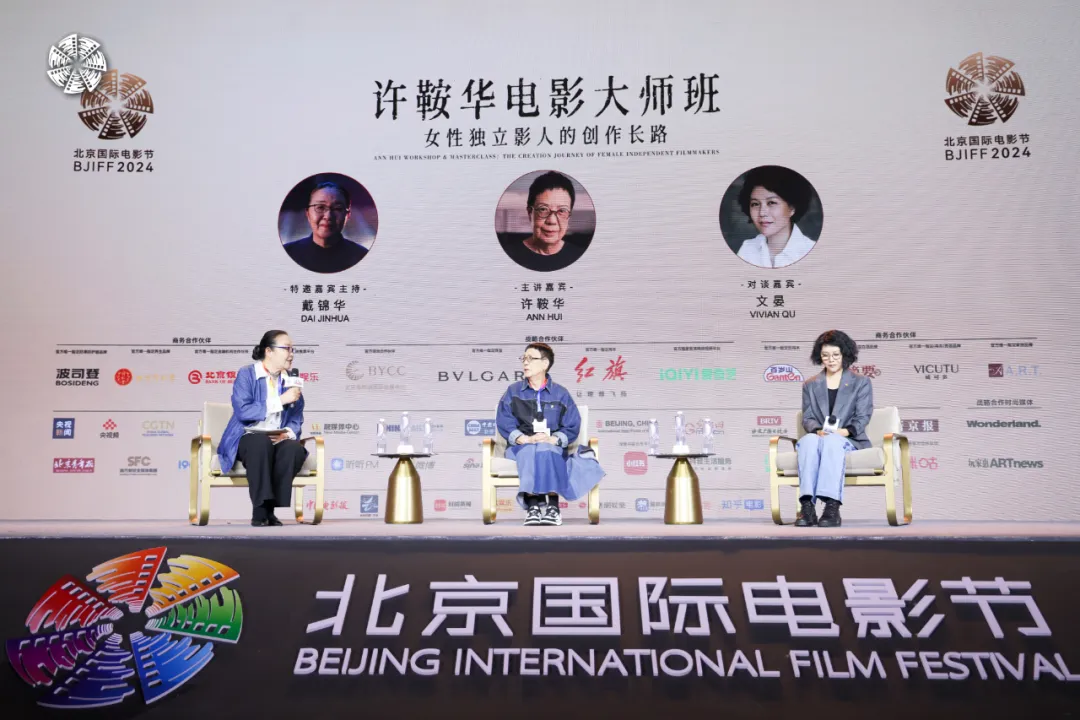
Ann Hui Workshop & Masterclass
Director Ann Hui is known as the half of film history in Hong Kong -- this is not only the opening remarks of Professor Dai Jinhua, but also a highly condensed and summary of her creative career. Starting from her debut film Crazy Disaster in 1979, she has always captured the social changes and lives from a delicate female perspective to show the audience a bustling city of Hong Kong, China, hidden under the face of prosperity as well as the image of “ordinary residence”.
▌Female Perspective and Gender Thinking
The "female perspective" and "gender thinking" are the themes naturally emerging from director Ann Hui‘s films, which is also a popular topic for the audience. Talking about the theme, she was very unperturbed, "When you reach a certain age, your views will change. I used to shoot some more dramatic and impactful works. When I was middle-aged, I was influenced by Hou Hsiao-hsien and Edward Yang and I started to ‘focus on life’”.
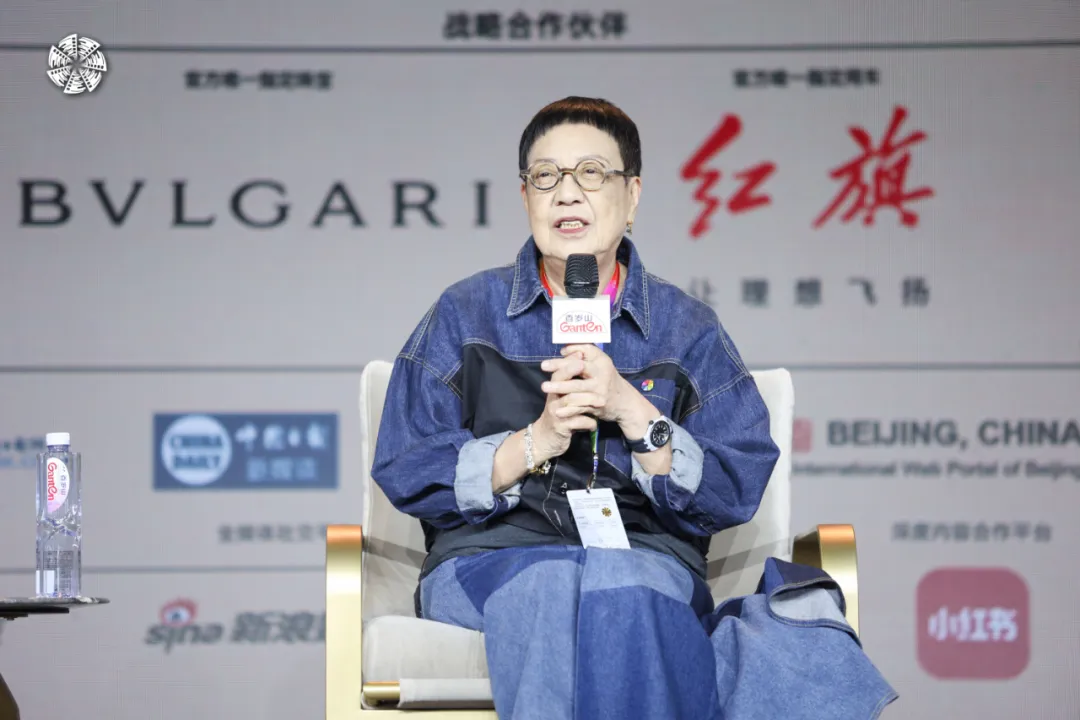
Ann Hui
"Regarding the gender thinking, this is an issue that I will not think about until I am in my 70s. I used not to think about it from a female perspective during my filming. It just happened that the protagonist of the story was a female, so I understood her better. Now I found that when you view an issue from a higher perspective, you will understand the ins and outs better, so thinking is necessary. I feel that the film industry in the past failed to focus on the 'female perspective' or 'gender thinking'. After reading a lot of relevant materials and books, I broadened my horizons and felt that this kind of thinking was necessary and we must have it. The promotion of feminism is also one of the manifestations of social progress."
Director Vivian Qu, who also takes female-themed films as her main creative direction, also gave her own opinions when talking about "female perspective" and "gender thinking", "When I create films, I start from myself more. The perspective of looking at this world must be limited with too many puzzles and uncertainties. I will bring such a perspective to my film shooting, and invite the audience to participate in the film narrative for interaction."
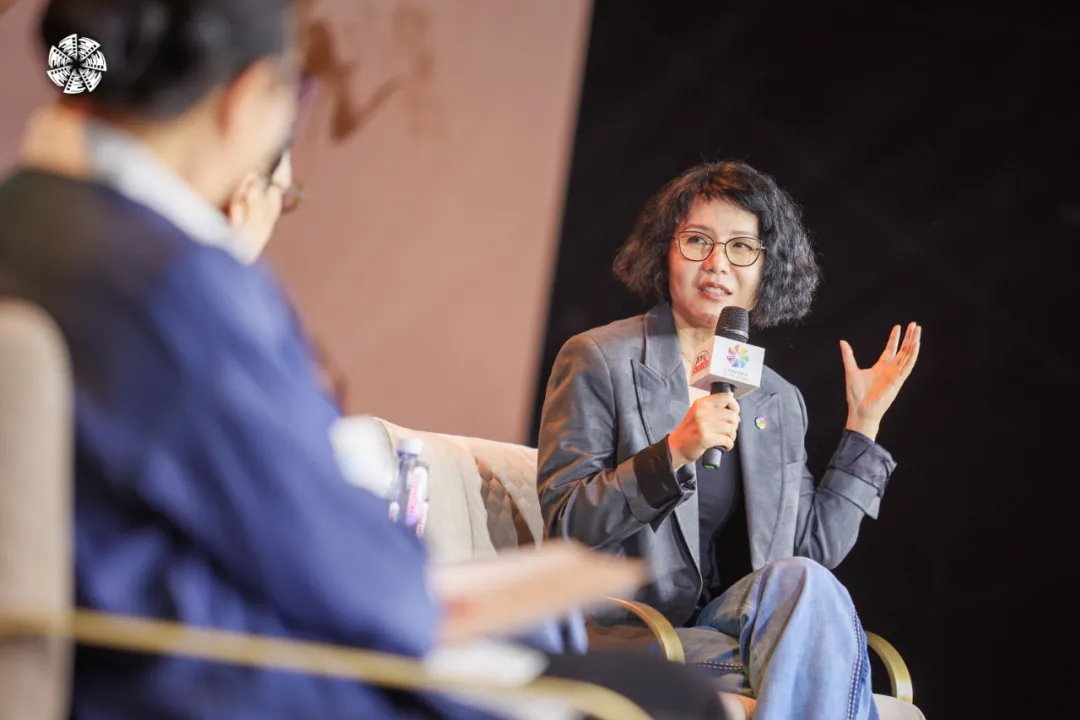
Vivian Qu
Director Vivian Qu said, "At the beginning of my film creation, I was also puzzled about the concept of gender and I was gradually figuring it out. However, it was because I had a lot of questions that it triggered my thinking in the film, and then I put these questions and thoughts in my work. For example, the presentation of the female image in the film narrative, all are created while I was creating, asking questions, thinking, and gradually developing a clear perception through reading and film watching."
▌Film is not just narrative; it is also what the director sees and feels.
What is film? It may be the question that haunts many filmmakers. From the newcomers to the masters with honors, this question runs through the lives of many filmmakers and eventually points to different answers.
“Film is not just narrative; it is also what the director sees and feels.” This is the answer given by director Ann Hui.
Talking about the fact that she never writes screenplays, director Ann Hui humbly stated that she is not good at creating screenplays, "I have always respected literature and I am used to working with screenwriters. I don't think everyone can write a screenplay, because it may be a story, but it's not a screenplay, since a screenplay has a rhythm. I want to learn, but I'm afraid I won't be able to write well."
Director Vivian Qu admitted that she had no other source of scripts at the beginning of the creation, so she had to rely on her own creativity. For her, writing a script is "the happiest part of the whole creative process", where she can freely and spontaneously create a world, as well as the characters and the environment in which they live. The writing process is constantly tested and it will ultimately come to life as an image in her mind, as if being in the dream. "I think your screenplay can be finished when you can actually make such a dream."

Ann Hui
Talking about the requirement to read a lot of relevant books and literature when adapting a literary work, director Ann Hui said that reading the material is a necessary process, but she pays more attention to the feeling she gets when she enters the shooting space. "In fact, I think such 'feelings' are the films, instead of only the actual stories. Films are really telling your opinions and feelings. If you have very good opinions and something different from others, you can produce a good film.”
Capturing that feeling and staying true to it, that is not only her definition of film, but also the secret and recipe for the success of her works, as well as a strong personal style of her own.
▌Diligent practice makes the way of creativity further
As a independent female director, Ann Hui's career has never been a smooth one. She once stayed away from the Hong Kong film scene for more than ten years. During the low period of creative stagnation, she taught at a university. The economic pressure made her life hard, but she never gave up her dream and never lost the passion for the art of film.
Talking about that period, director Ann Hui described her feelings with calmness, "Looking back now, that period is certainly an important part of life experience. You must go through some sufferings to understand how good people are and to tell these stories well. Without such an experience, it’s very hard to present them in your film."
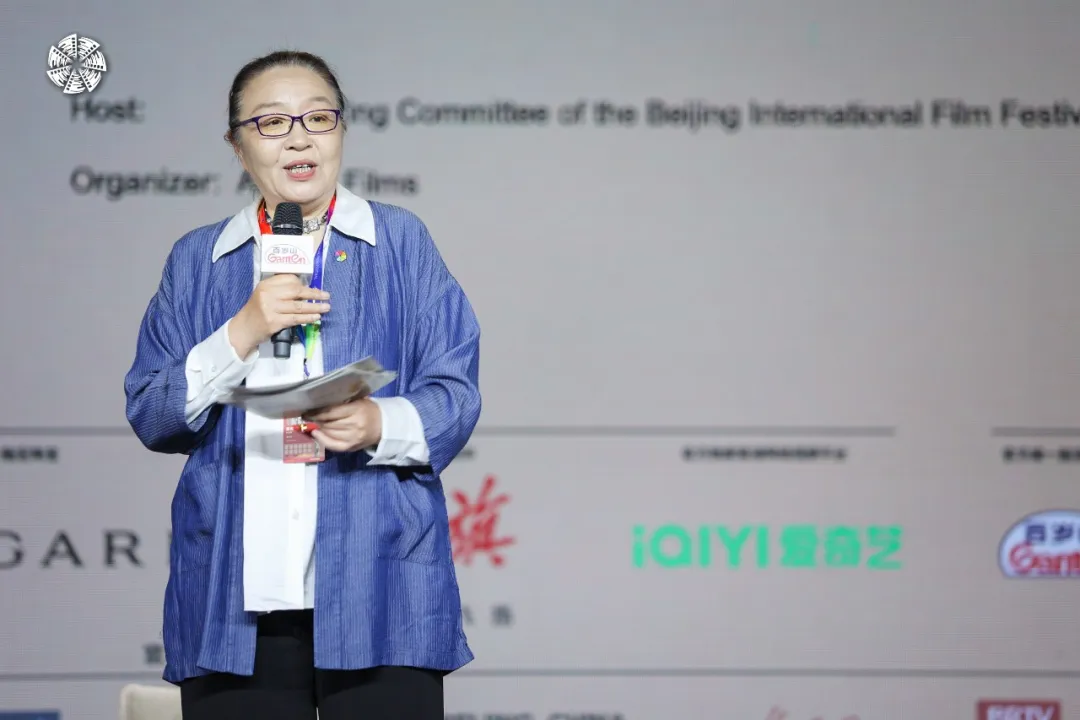
Dai Jinhua
In her half-century-long career as a film artist, Ann Hui has always worked as an "independent director", and she is jokingly called an "Independent Female Filmmaker" by Prof. Dai Jinhua. With this regard, Ann Hui said she didn't intentionally choose to become an independent director, but just because she preferred to work with familiar people, so she always had her own insistence in her creations.
Director Tsui Hark once commented that Ann Hui's films have expanded the creative space and consciousness, and changed the original path of Hong Kong films. In this regard, Ann Hui seemed very humble. In her opinion, it is the perseverance and ingenuity of the older generation of filmmakers that cultivated this new field. "If one day a film that tells a real-life story becomes popular in the world, that's when Chinese film stands up."
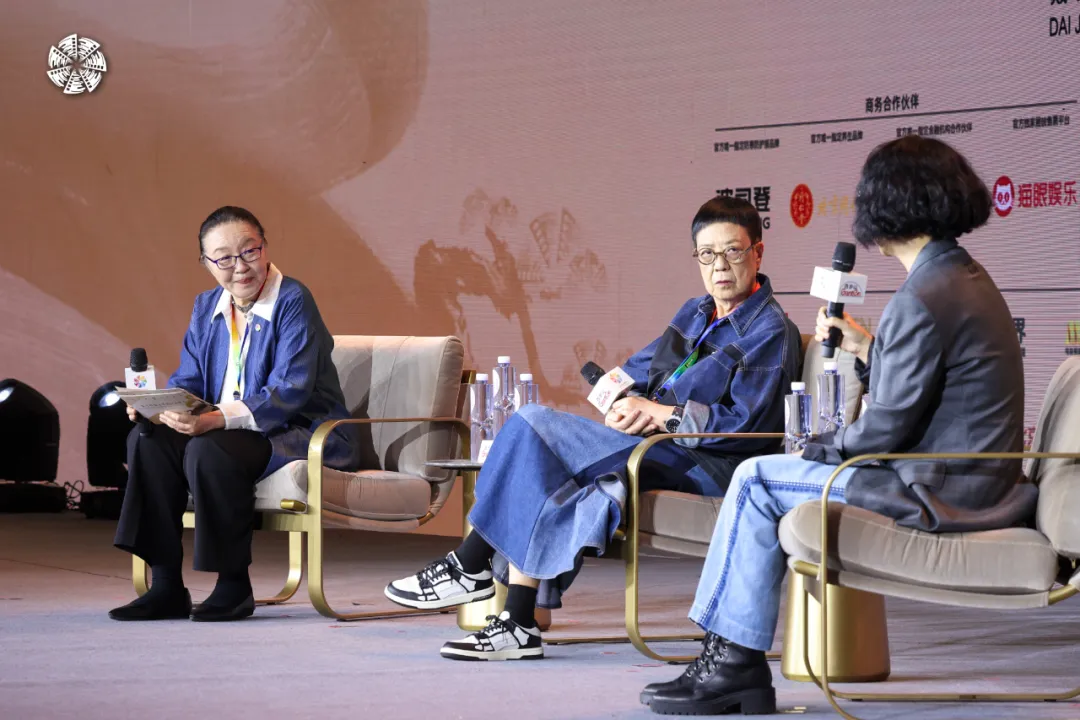
Ann Hui Workshop & Masterclass
As Prof. Dai Jinhua said, Ann Hui has always faced the world's praises with great humility, and she never mentioned her contribution to the industry, the society, and the times in any way. "She keeps telling us what that historical environment used to be and what people were doing at that time. You can't achieve a breakthrough in an era all by yourself no matter how talented you are."
At the 77th Venice International Film Festival in 2020, director Ann Hui was awarded the Golden Lion for Lifetime Achievement, the first female director in the world to receive this honor. But she didn't stop her steps. Regarding the future, Ann Hui said, "In the past few years, I've had more time to think. I've been less anxious when I watch a film, and I've been thinking more about the aesthetics. I think I've made a bit of progress, so I still want to shoot films. A lot of things encourage me to have a try and I hope there's a chance to make another film."
It's both independence and diligence. Film is not an art created overnight, nor is it a flashing beauty. Instead, it is passed on from generation to generation of filmmakers. As Prof. Dai Jinhua said in the end, "For the love of film, for the survival of film in the 21st century, and for better life by films", every master filmmaker including Ann Hui has always insisted on the great cause of "making good films", which is also the reason why the Masterclass & Workshop was established at the BJIFF – it aims to pass on the love for films.
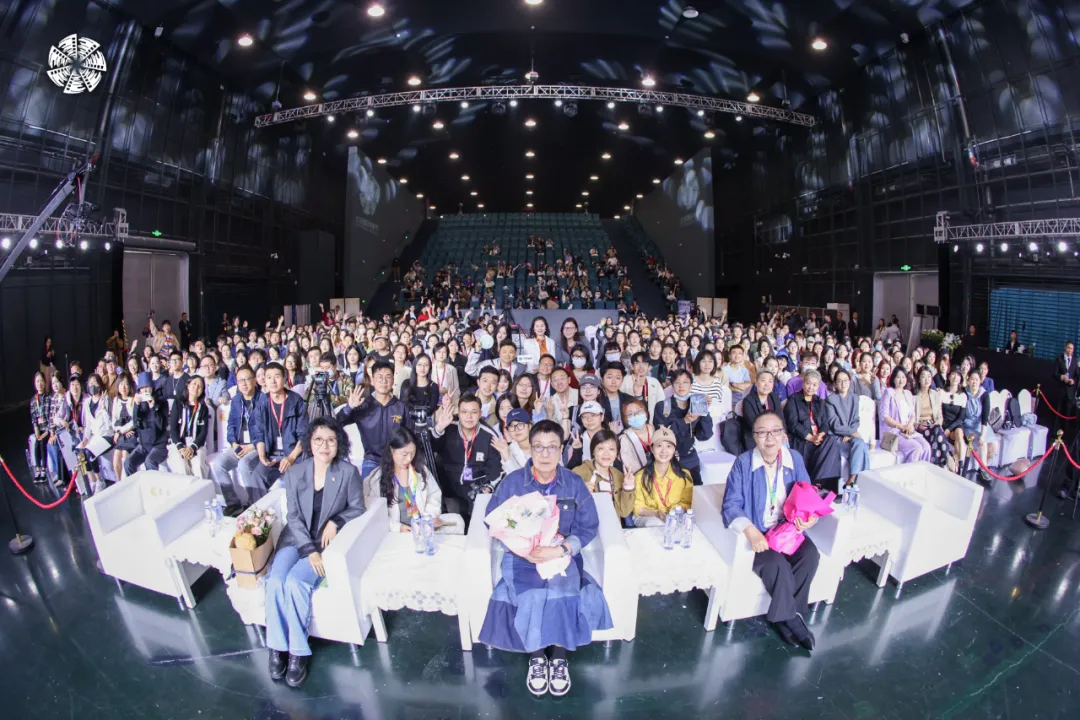
Ann Hui Workshop & Masterclass
Please download the Beijing International Film Festival APP for more interesting content

